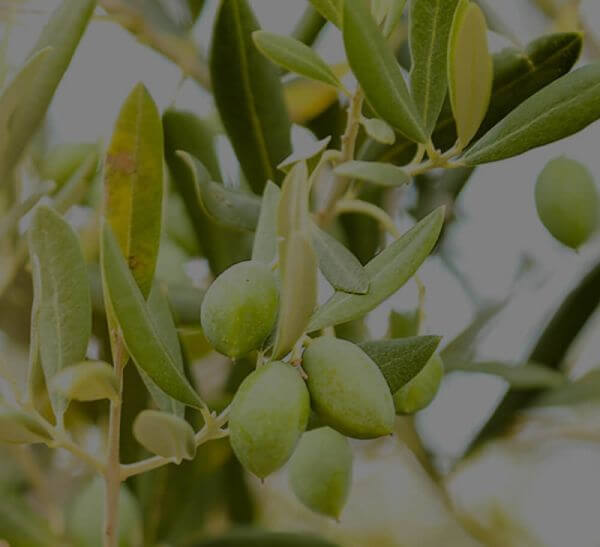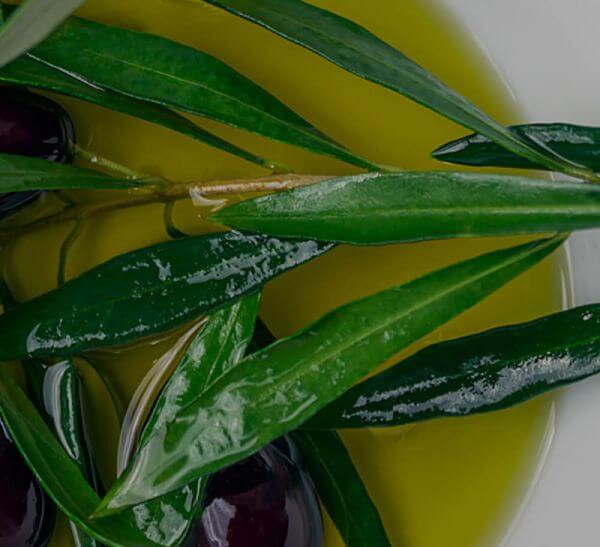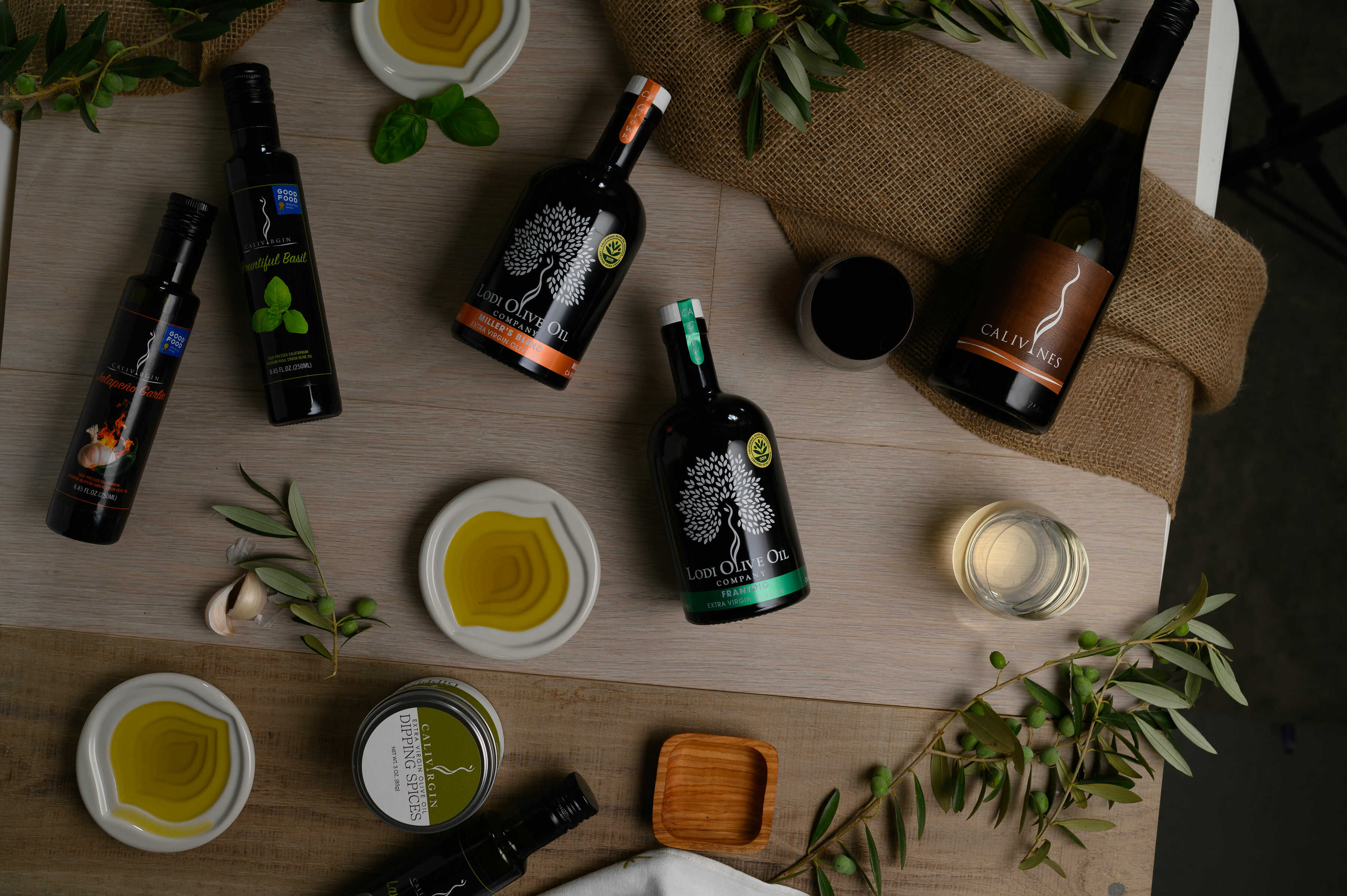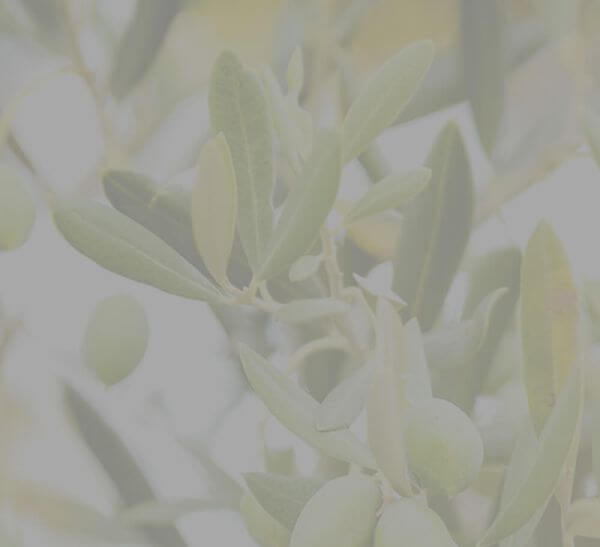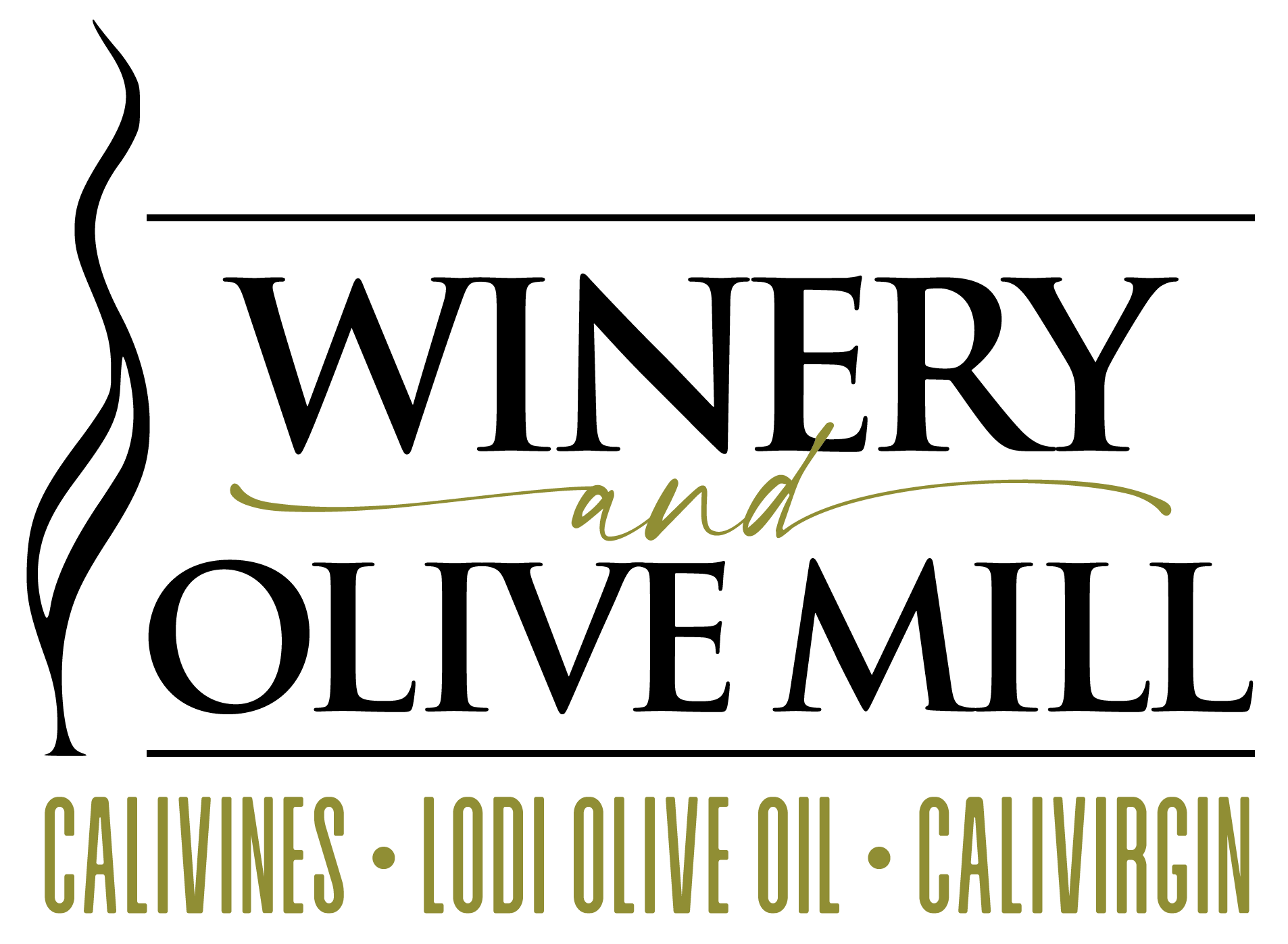What is Extra Virgin olive oil?
Extra Virgin Olive Oil or EVOO is olive oil that is less than .8% acidity, produced by the first pressing of the olive fruit through the cold pressing process. Extra Virgin Olive Oil accounts for less than 10% of oil in many producing countries. In order to meet COOC standards Extra Virgin Olive Oil must be less than .5% acidity. Calivirgin Extra Virgin Olive Oil contains .1% acidity.
What does first pressed and cold pressed mean?
These terms are somewhat interchangeable and are used by producers on their labeling to reaffirm that extra virgin olive oil is an unrefined, natural product that has undergone very little processing and will retain it's nutritive value.In order to use these designations the olive oil producer must keep the milling temperature under 27°C /80°F. The milling temperature is crucial to the quality of the olive oil. When higher temperatures (higher than 27°C / 80°F) are applied the more volatile aromas are lost and the rate of oil oxidation is increased, thereby producing therefore lower quality oils. In addition, the chemical content of the polyphenols, antioxidants, and vitamins (all the healthy components) present in the oil is reduced by higher temperatures.Also, ony the oil obtained from the initial milling is used. Although the term "press" is commonly used, most oilve oil today is actually milled with a hammer mill.
What type of oil is Olive Oil?
Olive oil is primarily a mono-unsaturated fat, the 'Good' fat. This has been shown in many studies to be better than polyunsaturated fats, saturated fats, trans fats or hydrogenated oils/fats. Olive oil typically has about a 75% mono-unsaturated fat content in the form of Oleic Acid.
What is Olive Oil Sediment?
Olive Oil Sediment is a natural by-product of unfiltered olive oil that serves to enhance the flavor and to increase the nutrients. For this reason we have chosen to not completely filter out all of the sediments like many other companies to ensure Calivirgin is the best olive oil you have ever tasted.
Doesn't Olive Oil contain more calories than other cooking oils?
No, olive oil has 120 calories per tablespoon (9 calories per gram of oil) which is no more than any other common cooking or salad oil. Also due to the greater flavor and aroma in Calivirgin olive oil, you will probably use less in cooking than other oils, helping you cut more fat calories.
Is "Light" and "Extra Light" Olive Oil better for you?
No, the olive oil that you see on the supermarket shelf advertised as "light" or as "Extra Light" olive oil contains the exact same number of calories as regular olive oil. Unfortunately many consumers associate "Light" with diet or healthy but with olive oil "Light" oils contain part refined olive oil which is derived from the lowest quality olive oils available through chemical processing. These refined oils are so bad they cannot be consumed by humans without this refining process. The finished product is a low grade, less healthy oil that is really only light on nutrients and flavor.
What type of Olive Oil should I use for cooking?
Cooking with olive oil is like cooking with wine. Never use a wine or olive oil that does not taste good to you. An inferior one will leave an aftertaste. If you do the taste test and compare the "pure" or "Light" to the "extra-virgin" you'll understand the difference.
Can Olive Oil be used for frying?
Olive oil is ideal for frying. In proper temperature conditions, without over-heating, it undergoes no substantial structural change and keeps its nutritional value better than other oils, not only because of the antioxidants but also due to its high levels of oleic acid. Its high smoking point (210°C) is substantially higher than the ideal temperature for frying food (180°C). Those fats with lower critical points, such as corn and butter, break down at this temperature and form toxic products. Food fried in olive oil has a lower fat content than food fried in other oils, making olive oil more suitable for weight control. Olive oil, therefore, is the most suitable, the lightest and the tastiest medium for frying.
How do I convert recipes that call for butter/margarine to Olive Oil?
Margarine/Butter to Oil Conversion Chart
| butter/margarine | = | olive oil |
|---|---|---|
| 1 teaspoon | = | 3/4 teaspoon |
| 1 tablespoon | = | 2 1/4tsp |
| 2 tablespoons | = | 1 1/2 tablespoons |
| 1/4 cup | = | 3 tablespoons |
| 1/3 cup | = | 1/4 cup |
| 1/2 cup | = | 1/4 cup + 2 tablespoons |
| 2/3 cup | = | 1/2 cup |
| 3/4 cup | = | 1/2 cup + 1 tablespoon |
| 1 cup | = | 3/4 cup |
How should I store my Olive Oil?
The ideal temperature for storing olive oil is 57°F or 14 degrees C, although a normal room temperature of 70°F works very well if the olive oil is stored in a dark area where the temperature remains fairly constant. A kitchen cabinet located away from the stove and away from direct sunlight will work quite well. If you have a wine cellar, store your olive oils there and keep a small amount in your kitchen. Do not put olive oil in a container without a tight cap.
Should I refrigerate my Olive Oil?
Refrigeration does not harm most grades of olive oil, but it is not recommended because condensation may develop in the bottle, affecting the flavor. When chilled, or in cold weather, the oil may turn cloudy and even solidify. Such oil will clear again and turn to its original, liquid state as it warms to room temperature, so cloudiness should not be taken as an indication that the oil has gone bad.
What is the California Olive Oil Council (COOC)?
The California Olive Oil Council (COOC) supports certified olive oil standards and provides grower, producer and consumer education. Through their Seal Certification program, they help everyone from home chefs to restaurants find guaranteed extra virgin olive oils for their kitchen.
What is does Seal Certified by the COOC mean?
A Seal-Certified olive oil offers the highest standard of quality to American consumers with positive taste elements and no taste defects, as determined during a blind tasting and less than .5% free oleic acid. Seal-Certified olive oil also comes from olives that are mechanically extracted without chemicals or excessive heat. Any oil that does not bear the seal has no guarantee that it has been tested to meet any standards at all as there is currently no mandatory testing for quality of olive oil sold in the United States.
What are the different Olive Oil grades?
- Extra Virgin Olive Oil: Extra Virgin Olive Oil or EVOO is olive oil that is less than .8% acidity, produced by the first pressing of the olive fruit through the cold pressing process. Extra Virgin olive oil accounts for less than 10% of oil in many producing countries.
- Virgin Olive Oil: It is made from olives that are slightly riper than those used for extra-virgin oil and is produced in exactly the same manner. It is essentially defective Extra Virgin oil. This oil has a slightly higher level of acidity (1 1/2).
- Pure Olive Oil: Pure olive oil, often simply called olive oil, comes either from the second cold pressing or the chemical extraction of the olive mash left over after the first pressing. Also called commercial grade oil. It is lighter in color and blander than virgin olive oil. It is more general-purpose olive oil. Pure refers to the fact that no non-olive oils are mixed in.
- Refined Olive Oil: Refined olive oil is obtained from virgin olive oils by refining methods which do not lead to alterations in the initial glyceridic structure. This is obtained by refining virgin olive oils which have a high acidity level and/or organoleptic defects which are eliminated after refining. Over 50% of the oil produced in the Mediterranean area is of such poor quality that it must be refined to produce an edible product. Note that no solvents have been used to extract the oil but it has been refined with the use of charcoal and other chemical and physical filters.
What are some Health Benefits of Olive Oil?
Olive Oil has been shown to have beneficial effects on virtually every aspect of body function, development and maintenance, including brain development, bone structure, digestion, aging process, the condition of skin and hair, metabolism, and on plaque formation in the blood vessels.Studies have shown that olive oil may help prevent breast cancer, ovarian cancer, colon cancer, and may even fight heart disease. Olive oil is high in antioxidants, substances that fight cancer. It also contains, oleic acid, a fatty acid that is believed to suppress a gene responsible for over 25% of breast cancers.There is so much scientific evidence now that establishes the health benefits of olive oil. You will be hard put to find any other food that has so many positive effects on so many different parts of the body and their functions.These health benefits can be derived from all forms of olive oil; however, refined oils undergo a lot of high temperatures during processing which destroys or alters the antioxidants, and thus have very little, if any, vitamins left. In order to gain the maximum medicinal benefit, you should use only Extra Virgin Olive Oil.
What are the healthy components of Olive Oil?
Because of this natural 'juicing' process, the olive oil had suspended within it millions of tiny microscopic particles that contribute to the healthiness of the oil. Here are a few of them:
- Polyphenols - known to be anti-inflammatory, anti-oxidant and an anticoagulant. They help to reduce and neutralize free radicals and repair the damage that have been caused to cell membranes from cigarette smoke, pollution, alcohol, and the sun.
- Tocopherols - Otherwise known as Vitamin E. In newly pressed extra virgin olive oil, there is about 1.6mg of Vitamin E per tablespoon. Just that alone is 10.6% of the recommended daily allowance.
- Oleocanthal - this is the component that is responsible for that peppery 'bite' in the back of the throat when eating some fresh oils, especially oils from olives that are native to the Tuscany region in Italy. Oleocanthal has been found to have anti-inflammatory and antioxidant properties and may be partly responsible for the low incidence of hearth disease in people who regularly consume the Mediterranean diet.
- Oleuropein - this is one of the components that give extra-virgin olive oil (especially early harvest and from certain varieties native to Tuscany, Italy) it's bitter, pungent taste. It has been reported to have positive effects on the immune system, as well as having a very powerful anti-oxidant effect. This is also known as Hydroxytyrosol. It's oxygen radical absorbance is 10 times higher than green tea. Studies have shown that a low dose of Hydroxytyrosol reduces the oxidative stress from smoke in rats, an indication that it may reduce the effects of smog and cigarette smoke in humans.
- Beta-Carotene - also known as Vitamin A. Reports show that natural beta-carotene aids in cancer prevention and helps in the formation of bones and teeth. It also helps prevent eye problems, including night blindness. It helps with the skin, especially with sun or UV exposure. It enhances immunities to colds, flu and infections. It is an anti-oxidant.
- Chlorophyll - Although the percentage of chlorophyll is small in comparison to eating green vegetables, it is none-the-less responsible for the green color of extra virgin olive oil. it is an anti-aging substance that helps promote the healing of wounds and skin conditions.
